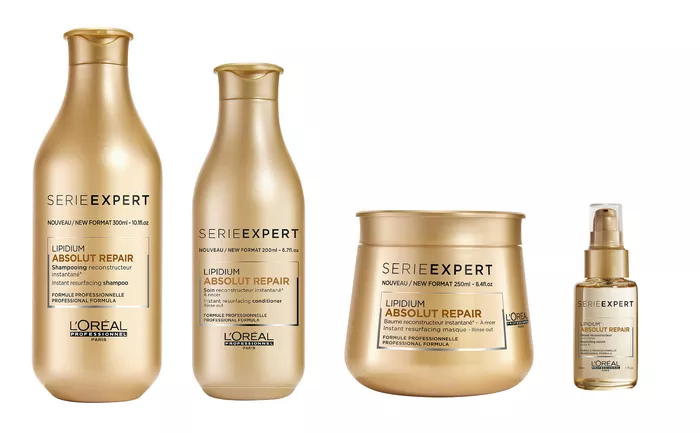The desire for a fresh hair color is a timeless pursuit, with ancient civilizations like Egypt and Greece employing methods involving natural ingredients and henna dyes to achieve this transformation. However, the means to this end have evolved over time, replacing natural ingredients with chemical compounds, some of which have been associated with an increased risk of cancer.
So, does this mean that modern hair dyes pose potential health risks? Let’s delve into the research on this subject with insights from radiation oncologist Chirag Shah, MD, and medical oncologist Tiffany Onger, MD.
The Ingredients in Hair Dye
The process of changing hair color is a complex one, involving the use of over 5,000 chemicals in the average hair dye product. Notably, some of these chemicals are recognized as carcinogens, substances capable of inducing cancer. Dr. Shah points out that these chemicals can disrupt hormone levels and actions within the body, thus elevating the risk of cancer.
Of particular concern are chemicals like aromatic amines, 3-amino-4-methoxyaniline, 2-nitro-4-aminoaniline, and 3-nitro-4-hydroxyaniline. Permanent hair dyes, comprising approximately 80% of the market, tend to contain a higher concentration of chemicals compared to semi-permanent and temporary hair dyes. Darker hair dyes, often preferred for more vibrant color changes, also tend to harbor elevated concentrations of these chemicals and carcinogens.
Hair Dye and Its Potential Connection to Cancer
Numerous studies over the years have explored the potential links between hair dye use and various types of cancer, including bladder cancer, breast cancer, non-Hodgkin lymphoma, leukemia, skin cancer (specifically basal cell carcinoma), and uterine cancer. Dr. Onger acknowledges the legitimate concerns, especially given the application of hair dyes directly to the scalp and the known presence of chemicals in these products.
Results from these studies have produced mixed findings, with some associations discovered. Nonetheless, the International Agency for Research on Cancer (IARC) under the World Health Organization (WHO) has declared that personal use of hair dye “is not classifiable as to its carcinogenicity to humans.” In simpler terms, there are no clear, actionable links found in their assessment.
It’s worth noting that the IARC did identify an increased risk for hairdressers or barbers who experience more frequent exposure to hair dyes, categorizing this type of on-the-job exposure as “probably carcinogenic.”
Cancer Risk by Type
1. Bladder Cancer: While most studies haven’t established a heightened risk of bladder cancer in individuals who dye their hair, there have been concerns raised regarding the use of permanent hair coloring. However, risk levels for bladder cancer do appear to rise in those who work with hair dyes on a regular basis.
2. Breast Cancer: In a substantial National Institutes of Health study in 2019, which included over 45,000 women, researchers found that regular users of permanent hair dye had a higher risk of developing breast cancer. Black women may be at a higher risk than white women, with a 45% increased risk for Black women compared to a 7% increased risk for white women. Semi-permanent hair dye showed mixed results, with self-application associated with an increased risk.
3. Other Cancers: Research results concerning hair dye and the risk of other cancers like non-Hodgkin lymphoma, leukemia, and uterine cancer have generally not shown statistically significant associations.
Conclusion
In the grand scheme of potential cancer risk factors, hair dye is just one among many. Dr. Shah and Dr. Onger emphasize that if you have concerns about your cancer risk, it’s essential to consider all the risk factors at play. Discuss your lifestyle, home and work environments, and family history with your healthcare provider to make informed decisions. Hair dye should be part of this discussion, but it shouldn’t be the sole focus.


